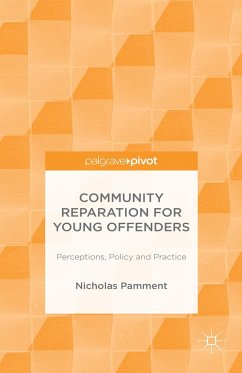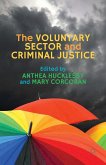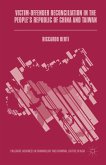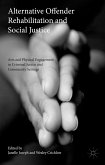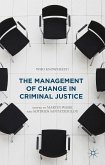Community reparation for young offenders involves unpaid work such as painting and decorating, litter picking and graffiti removal. Whilst remaining a major part of the youth justice landscape, concern has been raised about the poor quality of workplace provision.
In this book, Nicholas Pamment provides the first fully researched examination of community reparation. He establishes the most comprehensive model for the effective delivery of unpaid work, demonstrating the importance of 'meaningful' work placements which facilitate key employability skills, associated with reductions in re-offending. Drawing upon empirical evidence and the experience of offenders, he warns against a formulaic approach to workplace allocation, where there is an over-reliance on low cost menial tasks. His timely study concludes that more attention needs to be paid to the rehabilitative potential of community reparation, requiring the commitment and dedication of service providers.
In this book, Nicholas Pamment provides the first fully researched examination of community reparation. He establishes the most comprehensive model for the effective delivery of unpaid work, demonstrating the importance of 'meaningful' work placements which facilitate key employability skills, associated with reductions in re-offending. Drawing upon empirical evidence and the experience of offenders, he warns against a formulaic approach to workplace allocation, where there is an over-reliance on low cost menial tasks. His timely study concludes that more attention needs to be paid to the rehabilitative potential of community reparation, requiring the commitment and dedication of service providers.

